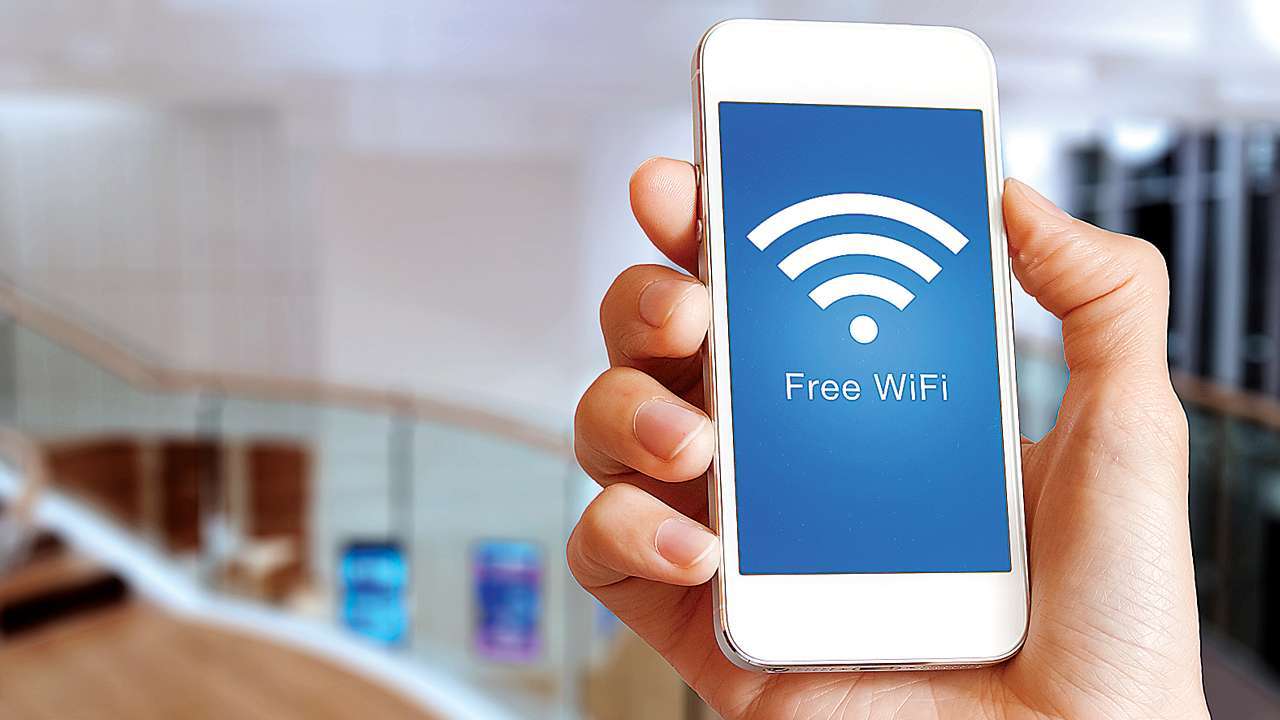Wi-Fi is a system that allows your devices, from phones to computers, to connect to the internet. Allowing you to connect to the internet from virtually anywhere provides a lot of uses. From searching for articles on the web to looking for items on online stores and even contacting long-distance friends and family. Work, recreation, shopping, and communication, Wi-Fi allows for massive streams of information to and from you.
Due to the rise of the internet, free public Wi-Fi hotspots are also becoming more popular. These can often be found in shopping centers, airports, and major tourist attractions. It allows people to connect to the internet for free, from nearly anywhere. However, this also poses some risks to be aware of.
Table of Contents
Things to Be Aware Of
Without the use of various security measures such as proxies, your information could be in danger. Proxies from a trusted proxy provider, like this one, make it appear that you are accessing websites from different parts of the world. This can be very useful to hide your actual location or to gain access to certain websites that are geo-restricted.
In 2020, The Insurance Information Institute reported 47% percent of Americans experienced financial identity theft and cost over 700 billion dollars.
They also say that data breaches are common. For example, Microsoft had 280 million customer records left unprotected. Cybercrime complaints have been on the rise, and you should be aware so you know what to look out for. Unsafe networks and hazardous middlemen can pollute the experience and put you in danger.
Unsafe Networks
Private networks like what you use at home or what you use in the workplace often have Wi-Fi Protected Access or WPA. WPA is used to provide data encryption and user authentication. Data encryption means that the information that travels over Wi-Fi, such as your searches, calls, and other activities, is made unreadable to those who do not have the authority or permission to access it.
User Authentication refers to how Wi-Fi services identify who is accessing them. This is done via passwords, Captchas, and even fingerprints. By identifying who is accessing the Wi-Fi network, it can be made sure that those who wish to trespass and attempt to steal information are barred from the network.
However, just as there are locked houses, there are open doors such as free Wi-Fi. Public networks should not be used when conducting private business. Online banking, discussing private matters, and emailing personal information at your local coffee shop can put you and your data in danger.
Cybercriminals often lurk on these public networks in the hopes of stealing your data without your knowledge. And because the protections public networks offer are often flimsy, these cybercriminals can do it with ease. WPA comes in many levels of security. However, with public networks, the level of encryption is low enough that anyone with the know-how can snoop on you.
Middle Men
Public networks and hotspots are often dens for dangerous middlemen who want to swoop in and steal your information. Your identity, your bank information, and even login details are susceptible to these criminals when traversing these networks without protection.
Spying on those using public networks, using software to access information that isn’t theirs, and even creating fake networks to lure people into giving up their data. With danger all around it can seem bleak to the everyday user.
Ways to Protect Yourself
Luckily, when swords are created, human ingenuity will lead to the creation of shields. Cybercriminals may have many methods to spy on others and steal information, but there are just as many tools to protect yourself.
Know Your Source
A free and easy way to protect yourself against malicious people is by checking what network you’re using. If you know that the network you are using is unprotected, public, and susceptible to attacks, act accordingly.
Do not login into sites that contain your personal information. Do not attempt to do online banking. Act as though you are in a public library with the entire neighborhood looking over your shoulder. Anything that can be stolen or used against should be kept on private networks like your home Wi-Fi.
Shield Yourself
Sometimes though, accessing your private information on public networks is unavoidable. What should be done then? Obtain yourself a proxy or a VPN. Both provide a way to secure your information when surfing on public networks.
A proxy functions as a barrier between you and the network. There are many types of proxies, but they all work to do the same thing. Keep people from knowing it’s you on the server. While certain proxies can slow down your connection and others cost money, they are all a better alternative to having your information stolen.
VPNs, or Virtual Private Networks, make it seem like your internet stream is coming from a remote IP address as well as encrypt your information. There are not many types of VPNs as they all function the same. However, different companies do provide VPNs for personal use. It must be noted, as with any product sold to the public, there are duds and fakes. Make sure to read up on reviews and articles to make sure your money is well spent.
Conclusion
Now, it is very easy to get frightened by everything that has been said. Maybe you no longer wish to venture out of your own home anymore. Maybe the thought of connecting to your coffee shop Wi-Fi fills you with dread. But it must be understood that there is no reason to be terrified, only cautious.
There is assured danger out there but there are also methods to protect against them. Doors have locks, safes have combinations, and protections you can put on your computer are vast.
Use common sense when connected to a public network. It is public in the very literal sense of the word. The risk of someone seeing your personal information, banking information, or private conversations exists. So if it can be avoided, do not conduct private affairs on public networks.
If you must use a public network, use a proxy or VPN to disguise your actual location. Find some method of turning that public network into something private. Like how you put blinds in your house, use these tools to keep intruders from seeing your personal business. By doing this, you can keep yourself safe and secure even when using public networks.








